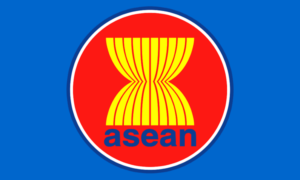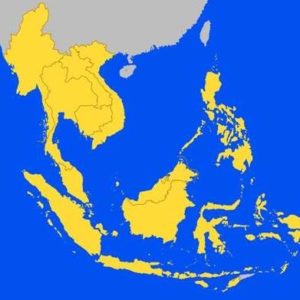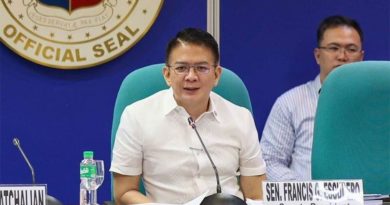ASEANEWS-ASEAN 2025 | PUTRAJAYA (BERNAMA) – Malaysian civil servants must contribute ideas for country’s benefit
Director-General of Public Service (KPPA) Tan Sri Wan Ahmad Dahlan Abdul Aziz. PHOTO: BERNAMA
.
.

PUTRAJAYA (BERNAMA) – Director-General of Public Service (KPPA) Tan Sri Wan Ahmad Dahlan Abdul Aziz has called on all civil servants to contribute their energy and ideas to ensure that Malaysia’s leadership in ASEAN 2025 yields substantial benefits for the country, particularly in investment and trade.
He said that Malaysia, as the ASEAN Chairman this year, held an important responsibility, which involved the country’s image and reputation, as well as its ability to lead efforts to drive development and regional growth and create a peaceful, stable, and prosperous ASEAN.
“As civil servants, we have a role to play in ensuring that Malaysia leaves a positive and meaningful legacy for years to come, both in the Southeast Asian region and globally,” he said in an interview on Friday (Jan 24).
Wan Ahmad Dahlan said that civil servants involved must ensure that every programme, project, and initiative implemented truly benefited all levels of society and contributed to improving the quality of life of ASEAN residents.
|
|
.
He added that Malaysia would be seen as incapable of leading ASEAN if civil servants were not prepared and demonstrated weaker performance than the previous ASEAN Chairman.
“It is the resolve of the public service to move as a team to assist Prime Minister Datuk Seri Anwar Ibrahim as the Chairman of ASEAN 2025. This will highlight the country’s capabilities, leadership, and positive image on the international stage,” he said.
Wan Ahmad Dahlan said that the Public Service Department (JPA) played a key role as the focal point for the ASEAN Cooperation on Civil Service Matters (ACCSM), a platform designed to promote the exchange of information, innovations, and best practices in public service management among member countries.
He said that it also encouraged effective cooperation and mutual assistance in improving human capital development, which would indirectly help reduce the development gap among member countries.
|
|
.
Wan Ahmad Dahlan said that the programmes and initiatives implemented by the ACCSM were guided by a work plan developed every five years, with key focus areas such as public sector reform and modernisation.
“As such, the JPA will organise the ASEAN Conference on Future-Ready Public Service on Oct 7 to 8, 2025. The main purpose of this programme is to serve as a platform for sharing knowledge, ideas, and experiences among ASEAN member countries in shaping a future-ready public service,” he said.
Wan Ahmad Dahlan said that the conference would be followed by the signing of the ASEAN Declaration on Future-Ready Public Service, which, among other things, would outline the commitment of the heads of civil services in member countries to shape a future-ready public service by leveraging digitalisation and advanced technologies such as artificial intelligence.

In response to Chief Secretary to the Government Tan Sri Shamsul Azri Abu Bakar’s call for an initial assessment of the English language skills of the officers involved, Wan Ahmad Dahlan said that the National Institute of Public Administration (INTAN) would soon begin evaluating civil servants’ overall competence to ensure that appropriate training could be provided.
“Actually, many civil servants are able to speak English, but that’s not the main issue. For this ASEAN Chairmanship, we need to further strengthen their abilities, and INTAN will offer intensive courses to ensure they can interact better with officials from other countries,” he said.
Wan Ahmad Dahlan said that INTAN, as the largest civil service training institute (ILA) in the country, was now shouldering the heavy responsibility of steering the Razak School of Government to be on par with the Lee Kuan Yew School of Public Policy in Singapore.
He said that INTAN, under the supervision of the JPA, would explore international-level courses and provide training for officers from government-linked investment companies (GLICs), government-linked companies (GLCs), statutory bodies, and top civil service leaders.
.
|
|




 Memento Maxima Digital Marketing
Memento Maxima Digital Marketing






